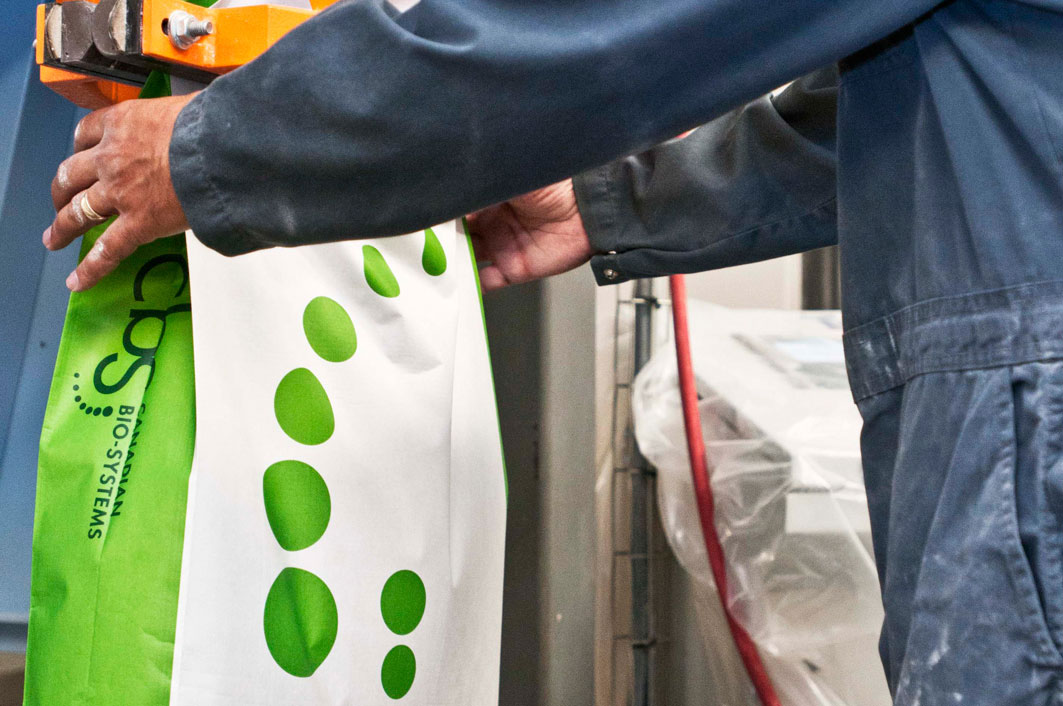Rise of natural growth promoters (NGPs) opens new doors for livestock industries
December 23, 2016



Bio-based alternatives offer new pathways to performance.
There is growing consensus among all components of livestock industries, both in the U.S. and Canada, that shifting to greatly restricted use of antimicrobials is critical to the future. But the ‘elephant in the room’ is the question of how these industries will cope with replacing the productivity benefits that traditional use of antimicrobials has provided.
Now, as new rules such as the Veterinary Feed Directive in the U.S., and similar changes anticipated for Canada, are poised to take effect during 2017, a silver lining for productivity advantages is emerging. While the new rules will cement essentially a ban on antimicrobial use for purely production benefits, advances in alternative technologies have risen dramatically – showing the potential to not only replace productivity benefits associated with antimicrobials but to leapfrog those with broader benefits and higher productivity returns.
“The good news is that changes such as the VFD are coming at a time when livestock production has other tools and approaches it can rely on,” says Owen Jones, President of Canadian Bio-Systems Inc., which has pioneered the science, development and manufacturing of bio-based feed supplements for over 30 years.
Antimicrobials have their place when they are needed to treat specific disease issues. But we have other ways to support optimal health, performance and productivity as part of a normal production cycle. We have solutions that help keep disease risk low, are good for the animals, help improve the bottom line of producers and fit the expectations of what customers and consumers want.
Specifically, new science is transforming the ‘ABC’s of NGPs’ (natural growth promoters) – expanding the toolbox of options and driving new opportunities for livestock industries. CBS Inc. manufactures several NGP options and is partnering with other NGP champions such as Nuscience Group to bring more options to the marketplace.
Leading examples of NGPs include enzymes, yeast-derived nucleotides and yeast cell wall carbohydrates. The promise of enzymes centers around unlocking more value from the same amount of feedstuffs, delivering a range of benefits including more energy capture which translates to higher daily gain and feed-to-gain ratio, says Rob Patterson, Technical Director of CBS Inc. A major innovation now raising the bar substantially in enzyme benefits is the advent of “multi-carbohydrase” enzyme technology. “While traditional enzyme supplements have relied upon one or two main activities, multi-carbohydrase enzyme supplements feature multiple enzyme strains, each with multiple activities – enabling much greater feed breakdown for additional energy capture and growth.”
Recent studies by the University of Manitoba indicate leading multi-carbohydrase options for pigs and poultry can enable the breakdown of 80-90 percent or more of hard-to-digest components compared to the typical 30-40 percent or less with single source supplements or more rudimentary forms of multiples.
Nucleotides are conditionally essential nutrients that research shows help promote optimal growth, alleviate stress and improve immune status in poultry and pigs. In once recent example, commercial study results show that supplementing commercial broiler chicken diets with a yeast-based feed supplement rich in nucleotides delivers similar performance compared to commercial diets supplemented with the growth promoting antibiotic, virginiamycin. Further findings, published in Poultry Science, indicate that yeast cell wall carbohydrates and yeast-derived nucleotides delivery similar growth performance, body weight and feed efficiency to antibiotics, while supporting gut health.
“These findings are just the start of a new wave of publications forthcoming that show the growing potential of bio-based feed supplements as natural growth promoters,” says Patterson. “We are just scratching the surface of the potential in these areas. With further advances in science and related product development, livestock industries are going to have more excellent feed-based options to meet the challenges of the future.”
More information on CBS Inc. feed technology and recent study results is available at www.canadianbio.com.

